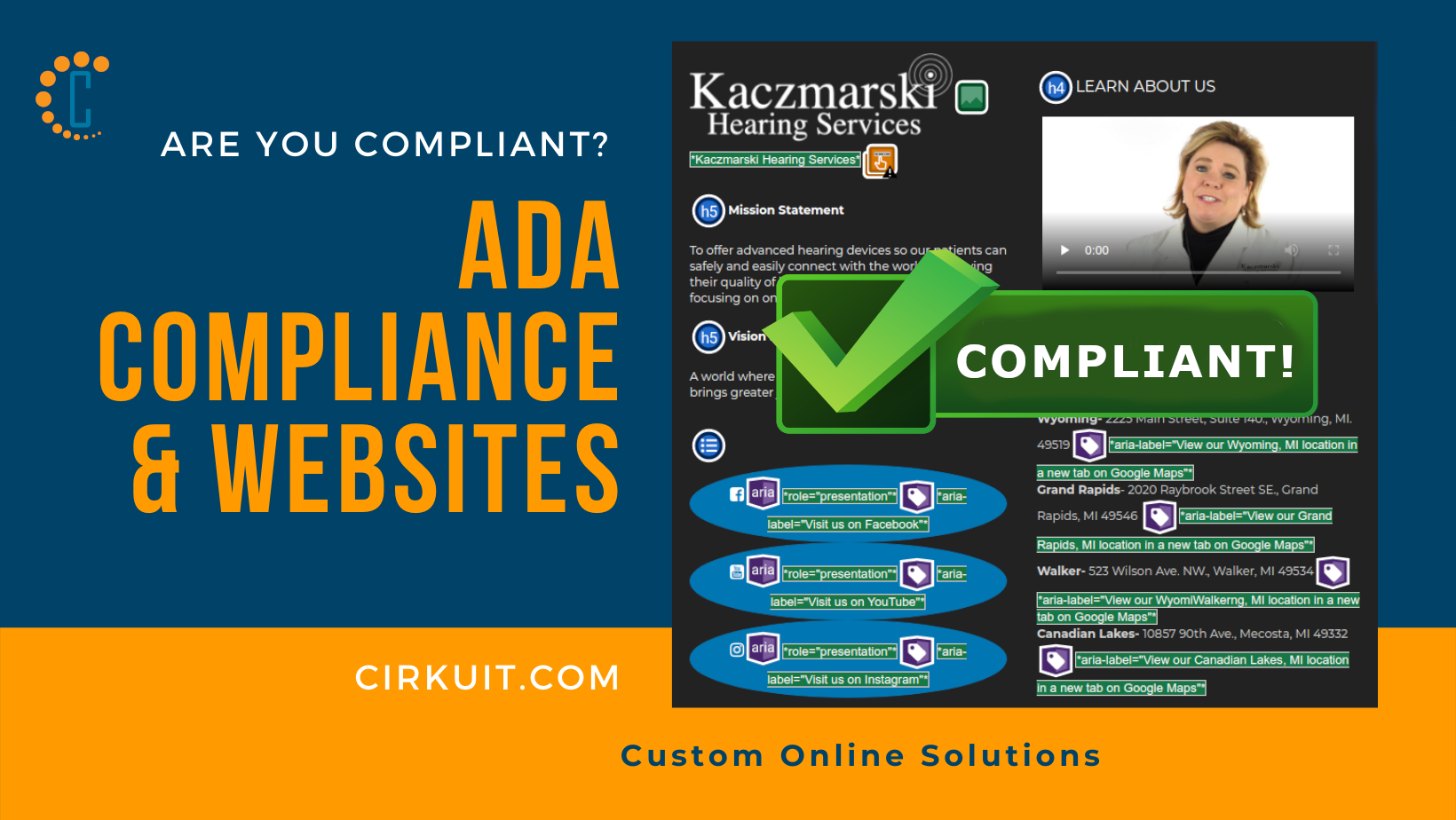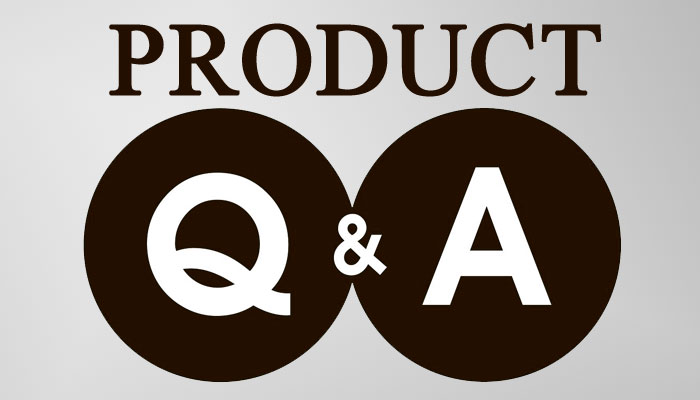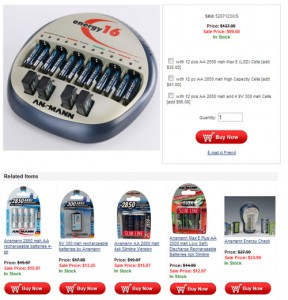As the world becomes more digitally connected, businesses are constantly looking for ways to improve their online presence and stand out. From creating visually appealing websites to implementing effective SEO strategies, there are many elements that play a crucial role in attracting and retaining customers. However, one often overlooked aspect that can greatly benefit an […]
E-Commerce Website Tips

Designing a Homepage that Converts Leads
Designing a homepage that converts visitors into buyers is essential for eCommerce websites. With so much to offer, it’s tempting to include as much information as possible on your homepage, but including too much information will overwhelm and confuse visitors resulting in the visitor bouncing. The key to conversion is to keep your homepage simple.

Website Accessibility Lawsuits
Year after year, thousands of website accessibility lawsuits flood the federal court system. The wave of lawsuits demand that online businesses make navigating their websites easy for disabled people. Unfortunately, the courts have ruled inconsistently on the matter which has led to uncertainty when it comes to what the guidelines are and who they apply […]

What Does ADA Compliance Mean for Websites?
Websites and ADA Compliance The Americans with Disabilities Act (ADA) is the federal law that governs accessibility for those with disabilities. In essence, the ADA prohibits disability discrimination in places of public accommodation. The ADA requires businesses to meet specific standards. Standards like providing “full and equal enjoyment of the goods, services, facilities, privileges, advantages, […]

Increase visitor engagement with a product Q&A section
SEO-Cart is constantly adding new features that will help you connect with your customers and increase sales. Our newest feature allows your customers to ask questions about your products, right from your product pages. With the Product Q&A enabled on your store you open up a dialogue that will increase consumer confidence for anyone visiting […]

Utilizing Twitter Product Cards for your Ecommerce Website
Twitter product cards help facilitate rich product data from your website to Twitter. If a tweet is posted or retweeted with a product page URL with Twitter cards enabled, the tweet will include not only the product name, but the image, price, SKU, and a short product description to help engage more click-throughs and ultimately more sales. […]

Display your Customer Service Telephone Number and Contact Us Form
One of the first things customers look for when visiting an e-commerce website is the customer service or business contact information. It is very important that a customer looking to purchase product or services from an e-commerce website can clearly see how to contact customer service if they have a pre-sales or post-sales question or […]

Micro Formatted Breadcrumbs
Recently, we have enabled micro-formatted data for breadcrumbs within SEO-Cart. Scouring the Internet, there seems to be a lot of ambiguity and gray areas when it comes to the markup for breadcrumb data. With a little help from W3C’s proposed breadcrumb schema, we thought we would clear some things up here: Breadcrumb rich snippet data is […]
The only people who know your products better than you are your customers. Making sure that customers get what they need from your eCommerce store is important and SEO-Cart makes it easy.
How can SEO-Cart help?
Whenever a customer views a product on your site, SEO-Cart will automatically recommend other products that customers have also bought with that product in your store. These recommendations are uniquely tailored to your store and are built directly from your order statistics.
This feature is enabled by default for all new stores. SEO-Cart also gives you the flexibility to manually set related products. This setting can be found in the SEO-Cart Back Office under Configure > Product Page Template > Related Products Options with the option “Automatically generate related products from order data if available”
Because this information is generated automatically, you are free to focus on providing the best products and experience for your customers. SEO-Cart’s automatic related products make your store more intelligent so you can work smarter, not harder.
Automatically Generated Related Products
The only people who know your products better than you are your customers. Making sure that customers get what they need from your eCommerce store is important and SEO-Cart makes it easy. How can SEO-Cart help? Whenever a customer views a product on your site, SEO-Cart will automatically recommend other products that customers have also […]


